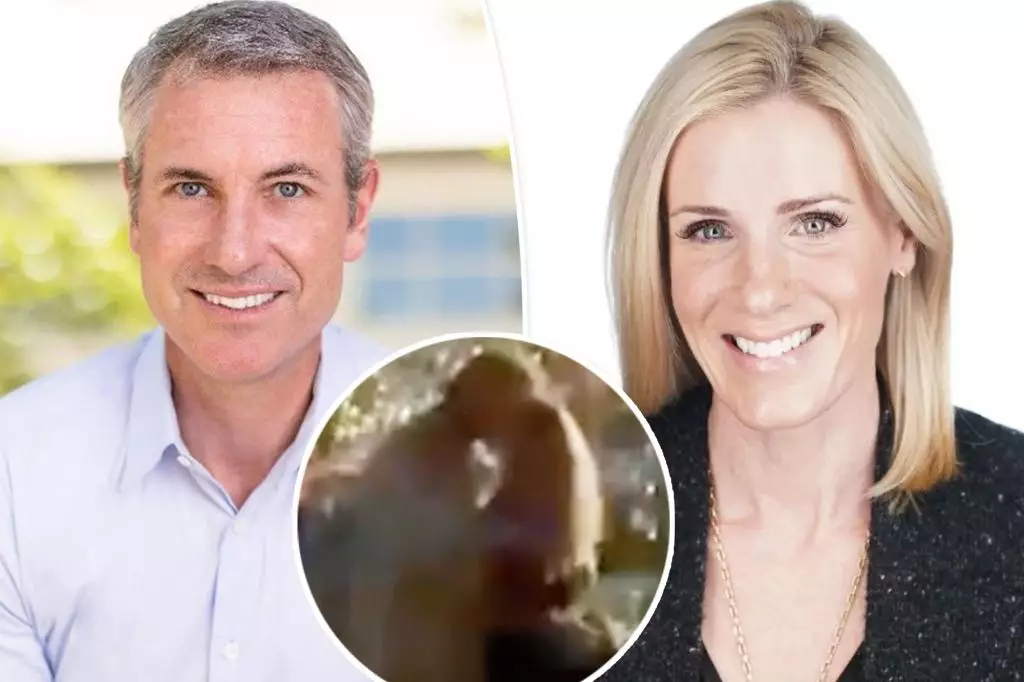In an era where privacy is increasingly fragile, the latest scandal involving astronomer CEO Andy Byron and HR Executive Kristin Cabot underscores how quickly personal missteps can spiral into public crises. The incident at the Coldplay concert, captured and disseminated through social media platforms like TikTok and TMZ, demonstrates the ruthless nature of digital exposure. No matter how high-profile or powerful individuals may be, their personal lapses are subject to instantaneous judgment and widespread scrutiny. This exposure reveals a harsh truth: in today’s interconnected landscape, private misconduct rarely remains hidden. Public figures, especially those leading major organizations, must recognize that their personal behaviors can have profound professional repercussions, challenging notions of trust, professionalism, and moral integrity.
Crisis Management: An Immediate Response to Protect Reputation
Upon the scandal’s revelation, Astronomer’s swift decision to initiate an internal investigation highlights the importance of proactive crisis management. In such moments, responsiveness and transparency are paramount. The company’s declaration that they are committed to their foundational values and are conducting a formal inquiry signals a conscious effort to restore trust and demonstrate accountability. This approach, however, can only do so much; the shadow cast by the misconduct may persist regardless of official statements. Leaders who publicly fall into disrepute often face long-lasting damage to their credibility, which can ripple through stakeholder relationships, employee morale, and client confidence. Organizations must understand that handling scandals isn’t just about damage control but about reflecting genuine commitment to integrity and ethical standards.
Personal Lives and Professional Boundaries: A Lost Balance
This incident also prompts reflection on the boundaries between personal conduct and professional responsibilities. Byron and Cabot’s actions, captured in a moment of vulnerability, have become a case study on the risks of blurring private and public personas. While everyone is entitled to personal freedom, those in top leadership roles should be acutely aware of how their personal choices can influence their professional reputation. The fact that Byron’s wife took steps to distance herself from his scandal and that Cabot is linked to another high-profile CEO reveals the layers of personal relationships interconnected with professional lives. Such complexities place an extra burden on corporate leaders to uphold standards that resonate beyond their workplace, fostering a culture of integrity that extends into their personal behavior.
Lessons for Future Leaders: Authenticity and Accountability
Ultimately, this debacle presents a potent lesson: authenticity and accountability are non-negotiable for effective leadership. The public’s response—ranging from amusement to disdain—reflects a deeper expectation that those in power embody the values they espouse. To build resilient organizations, leaders must understand that personal mistakes, when shared openly, serve as opportunities for growth rather than just sources of shame. Transparency about missteps, paired with genuine efforts to make amends, can demonstrate maturity and strengthen trust. Moreover, it emphasizes the importance of maintaining professionalism and self-awareness—attributes that define a truly ethical leader. While errors are inevitable, how one responds to those errors ultimately determines their capacity to lead with integrity in a society that demands authenticity and accountability from its most influential figures.
